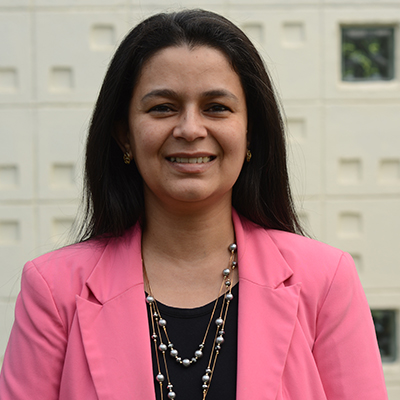In today’s ever-changing world, students applying for an UG degree are faced with a plethora of choices and competing interests. The competition is fierce, but at the same time, there is diversity available to a 21st century undergraduate applicant, which did not exist before. Given this dynamic scenario, it is essential for a student to make the most of the opportunities available by finding the best fit between the student, the university and the course.
A qualitative application to a university includes a transcript that reflects a student’s academic strengths and relevant choice of subjects. Importantly, it must be a true reflection of oneself. The essay plays a crucial role in telling a student’s story about who they really are. Detailed and evidence based letters of recommendation serve to enhance a student’s academic and extracurricular strengths. Academic ability is important, but so are interdisciplinary skills, passion, initiative and a true desire to be the best at what a student chooses to do.
It is here that important 21st century skills come into play, such as establishing a balance between meeting school deadlines and putting forth a well thought out university application, which requires good planning and hard work. This means that students need to adhere to a timeline that they must set out for themselves. It is also important to be aware of one’s inherent strengths and passions, and showcase these well. Demonstrating a track-record of good self-management skills, independent learning, consistency and resilience go a long way in enhancing a student’s chances at getting into a university of their choice. Last, but not least, are a student’s achievements and interests outside school: universities are always looking for accomplishments that show a student is willing to stretch the boundaries of their knowledge both inside, and outside, the classroom. This could be, for example, a student identifying a need in the community and responding through a community service project or innovating a solution. Initiative, compassion, and a genuine respect for diverse cultures and communities are crucial in today’s interconnected world.

The key lies in focusing on strengths, managing time well and choosing subjects in high school that are both reflective of a student’s academic abilities and interests, as well as relevant to university choices. A well thought out, original application will always catch a university’s interest. They are looking for students who are constantly challenging themselves, who will actively contribute to a diverse undergraduate community, and who have a well-rounded personality with strong interpersonal skills. The students, for their part, must look beyond the rankings in a quest to find a university where they will flourish and come into their own. The right fit between a student and a university lays the foundation for professional and personal success. It is essential therefore to ask the following questions while going through options:
- Does the college fit me academically?
- Do I want to attend a big or a small university?
- Do I prefer an urban or suburban campus?
- What will be the facilities and extracurricular opportunities available to me?
- Is ranking my only parameter?
- Is the college affordable?
- Are there lesser known places that have as many success stories?

To sum up I will leave you with the following quote:
‘For me, the ideal Oberlin student is one who isn’t afraid to ask the big (and hard!) questions. The students I most enjoy teaching are those who are motivated by a love of learning, a curiosity about the world, and a desire to gain knowledge and skills that will allow them to pursue their personal interests and passions.’
– Renee Romano, Robert S Danforth Professor of History; Professor of Africana Studies and Comparative American Studies
